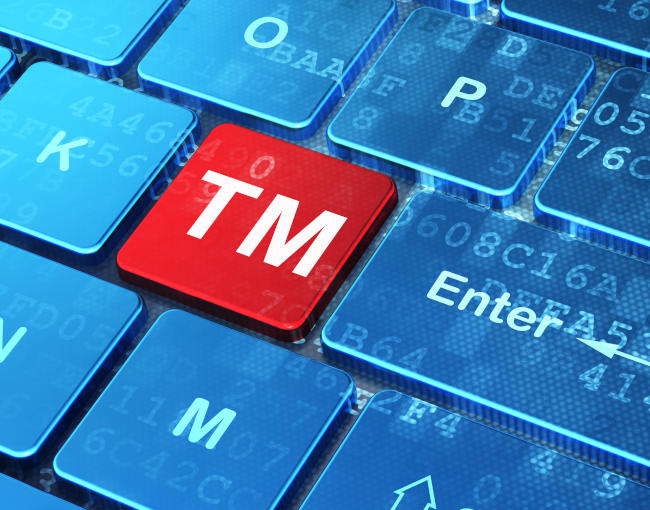Home > News & Events > Thompson Coburn team discusses Trademark Modernization Act's new procedures aimed at rooting out unused marks in Law360 article

Thompson Coburn team discusses Trademark Modernization Act's new procedures aimed at rooting out unused marks in Law360 article
February 17, 2023
Trademark holders should take note: Just because you're not using a mark doesn't mean you get to keep it. In a Law360 article published on February 16, St. Louis associate Brendan Bement and New York partner Shoko Naruo explain how the Trademark Modernization Act's two new procedures, ex parte expungement and ex parte reexamination, have been efficient and cost-effective options for getting rid of unused trademarks.
The ex parte expungement procedure allows for the cancellation of the registration for some or all of the goods or services, while the ex parte reexamination procedure invalidates a registration that was not used in U.S. commerce before certain dates.
While the Act's new procedures have been effective in removing fraudulent or unused trademarks, petitioners must overcome some initial hurdles. According to Shoko, "the results demonstrate a high success rate for those wanting to get rid of deadwood registrations," but only if the USPTO institutes a proceeding. "Many did not pass this initial stage, particularly in the past year," she said.
One of the biggest challenges is providing evidence the registration was never used in commerce in the U.S. Shoko said in early 2022, the USPTO lacked guidance on what was required to show a prima facie case of non-use, and the agency's original guidance said "[a] single search using an internet search engine likely would not be considered a reasonable investigation." However, more than 200 third-party petitions were filed in 2022, and ex parte proceedings were instituted for only 36 registrations last year. "I think this is one of the reasons we saw so many cases not being instituted in 2022," she added.
The USPTO has since updated its guidance on what is a prima facie showing of non-use, which includes searches from the Internet Archive's Wayback Machine or the owner's lack of U.S. presence. However, attorneys say "proving a negative" still has its challenges.
Shoko noted that if the USPTO institutes a proceeding, "the results demonstrate a high success rate for those wanting to get rid of deadwood registrations.
